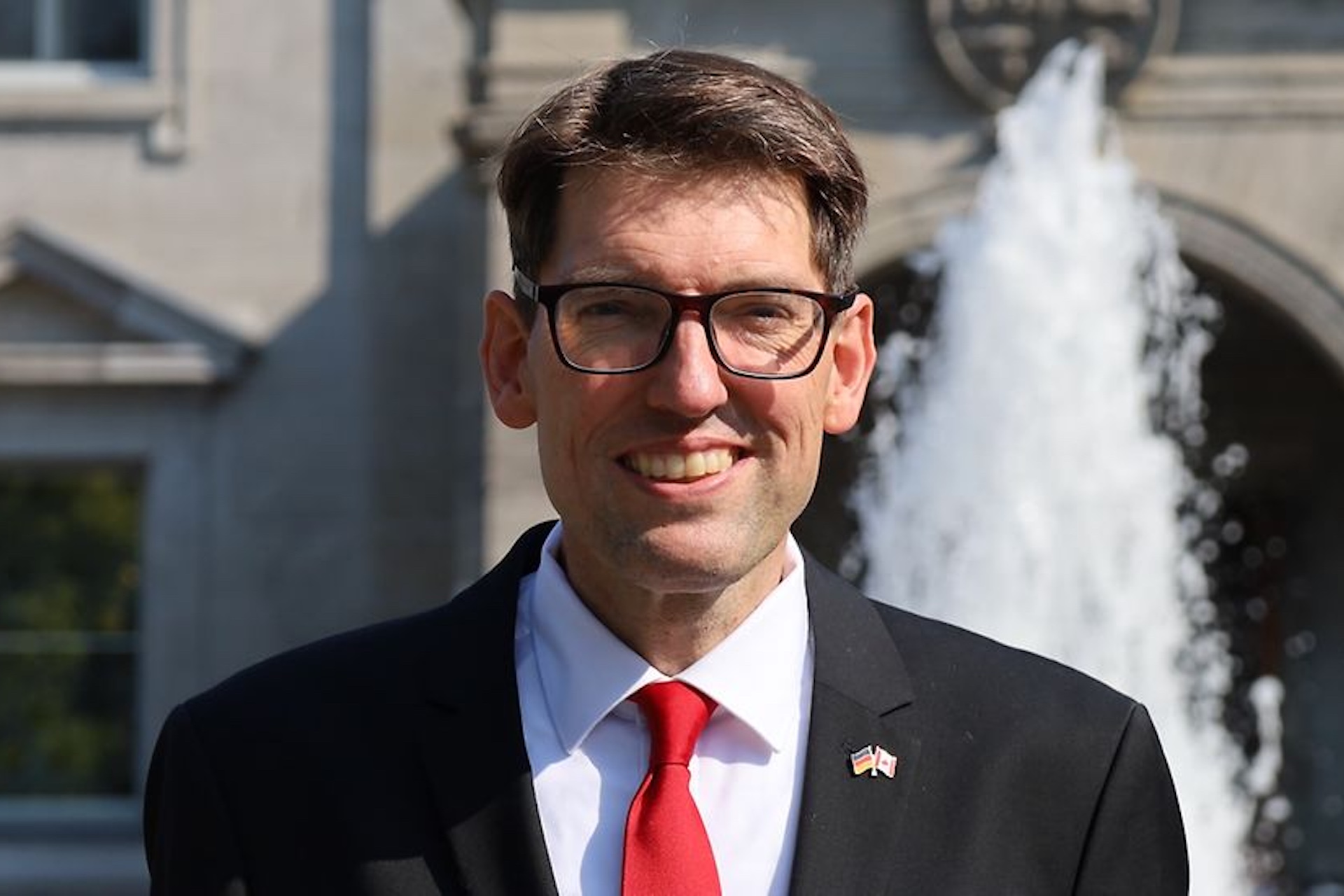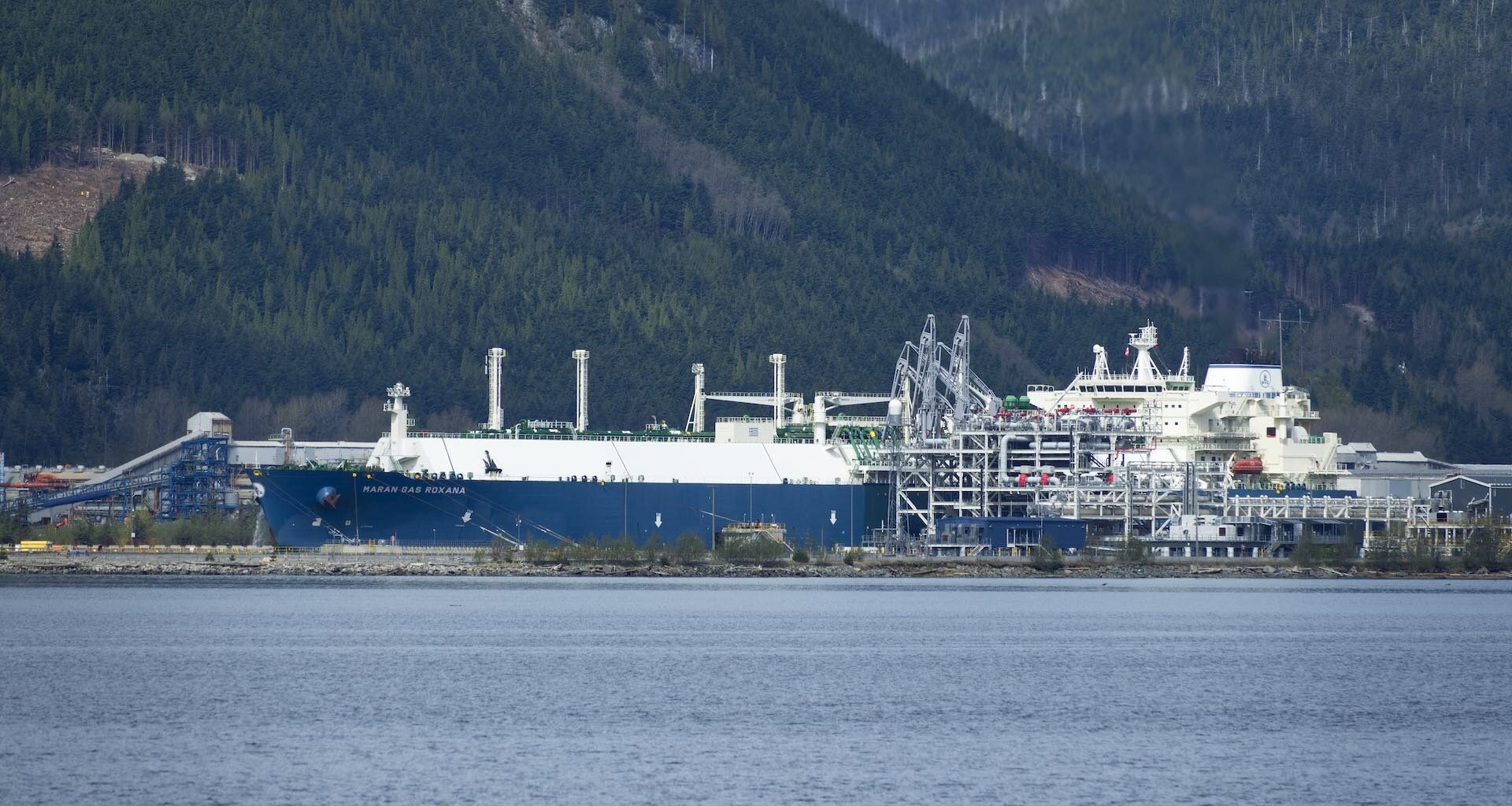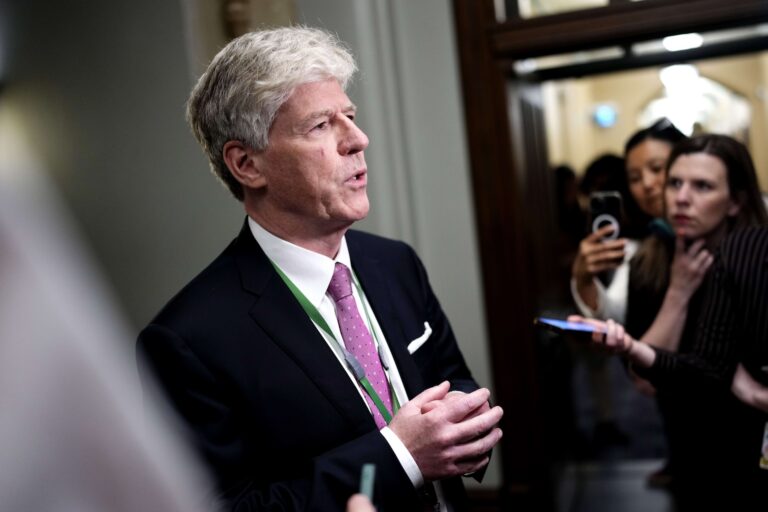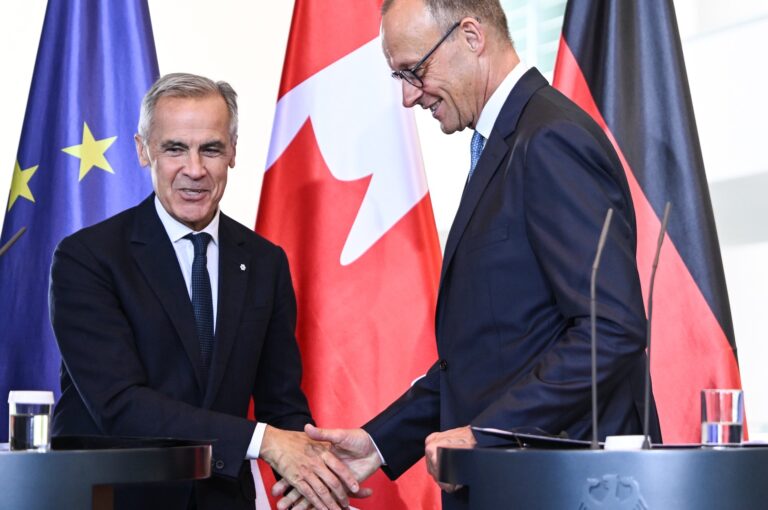OTTAWA — Germany will likely need liquefied natural gas (LNG) for years to come, its ambassador to Canada said in an interview with The Logic, despite the European country’s push to dramatically increase the share of renewables in its electricity supply.
“It’s really more about finding a diversification of sources here and there,” Matthias Lüttenberg said Tuesday at his official residence in Ottawa. “I think there’s certainly a business case to be made.”
When Prime Minister Mark Carney was in Berlin last month, he highlighted federal government plans to expand the Port of Churchill in Manitoba and the new container terminal in Contrecoeur, Que., which is part of the Port of Montreal, as means to export Canadian LNG to European countries, including Germany. “Canada will begin discussions regarding the supply of LNG to German buyers,” the Prime Minister’s Office said in a statement at the time.
Talking Points
German Ambassador Matthias Lüttenberg sees longer-term potential for Canadian LNG even as his country sticks with ambitious targets for renewable energy sources
Germany’s plan to import hydrogen from Canada remains in play while details of proposal wait for approval from the European Commission
Given the years-long timelines for LNG projects, the Canadian government and investors have had to grapple with whether Germany—or any other foreign buyer expressing interest today—would still want it far into the future.
That is one reason former prime minister Justin Trudeau was reluctant to hype exporting Canadian LNG to Europe in 2022. While not ruling out the prospect, he argued “there has never been a strong business case” for it—both because of the amount of investment needed to build the infrastructure in Canada, as well as Europe’s plans to transition quickly to clean energy.
Related Articles
Instead, Trudeau and then-chancellor Olaf Scholz announced an agreement for Germany to import ammonia converted from green hydrogen produced in Atlantic Canada. Shipments were set to begin this year, but Lüttenberg said the European Commission is still assessing whether the proposal—which includes a process that would let Canadian companies bid for access to the European hydrogen market—meets its competition rules.
In a recent interview with The Logic, Natural Resources Minister Tim Hodgson said conversations with allies such as Germany about energy security in Europe, sparked by Russia’s invasion of Ukraine, convinced the new Liberal government to change course.
The climate has been changing in Germany, too. Last week, its government released an energy transition report that Economy Minister Katherina Reiche had promised would be a “reality check” on the cost of rapidly shifting to greater use of renewables. While Germany still intends to raise the share of renewables to 80 per cent of consumption by 2030 (up from 60 per cent today) it is slowing expansion of wind and solar, and phasing out subsidies.

Matthias Lüttenberg, Germany’s ambassador to Canada. Photo: Handout/German Embassy Ottawa
“I think we’ve corrected the speed with which we want to reach 80 per cent, but that doesn’t mean that we are leaving these targets behind,” Lüttenberg said. “As a bridging technology and maybe possibly beyond that—it depends on the growth of our economy and the needs of the businesses and the private households—we also need LNG.”
Germany, which imports about 90 per cent of its LNG from the U.S., is also looking to diversify its sources of the fuel. “I think Canada is well aware that it’s sitting on a fortune in terms of energy sources, and it’s just a very wise decision to try to make a business case,” he said.
Lüttenberg added that there are ways to get Canadian LNG to Europe in the short and medium term. Germany “can wait for a pipeline going to the East and for port infrastructure to be finalized,” he said, “but we can also ship it through the United States.” This summer, German energy giant Uniper signed an eight-year deal to buy gas from Calgary-based Tourmaline Oil that would, beginning in November 2028, be delivered to a trading hub in southeast Louisiana.
“It doesn’t mean that we are shifting entirely from green hydrogen to LNG, but I think we can have both in parallel,” Lüttenberg said. The desire to import hydrogen from Canada remains “very high on our agenda,” he said, and the work to expand the Port of Hamburg into a green hydrogen hub continues. “They are getting ready for the day X, whenever it will come.”



